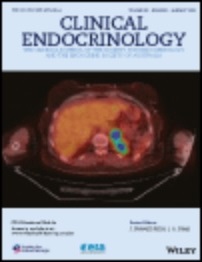Cundy T, Dissanayake A
Clin Endocrinol (Oxf). 2008 Aug;69(2):338-41.
OBJECTIVE:
To explore the mechanism underlying severe hypomagnesaemia in long-term users of proton-pump inhibitors (PPIs).
PATIENTS:
Two cases of severe hypomagnesaemia in adult long-term users of the PPI omeprazole, presenting with hypocalcaemic seizures.
MEASUREMENTS:
We studied renal magnesium handling during an incremental intravenous magnesium infusion, and assessed total body magnesium status by the 24-h retention of the parenteral load. We also observed the effects of oral magnesium supplements whilst continuing the PPI, and the effect of withdrawal of the PPI.
RESULTS:
Both patients were severely magnesium-depleted and had avid renal magnesium retention, implicating a failure of intestinal magnesium absorption. There was no evidence of generalized malabsorption. The hypomagnesaemia could be partially corrected by high dose oral magnesium supplementation, and resolved on withdrawal of PPIs.
CONCLUSIONS:
PPI use can inhibit active magnesium transport in the intestine, though it is not clear if this is an idiosyncratic effect. Long-term PPI users who are highly adherent to treatment can eventually deplete total body magnesium stores and present with severe complications of hypomagnesaemia.
Link to open access PDF: Cundy T, et al; Clin Endocrinol (Oxf). 2008 Aug;69(2):338-41.


